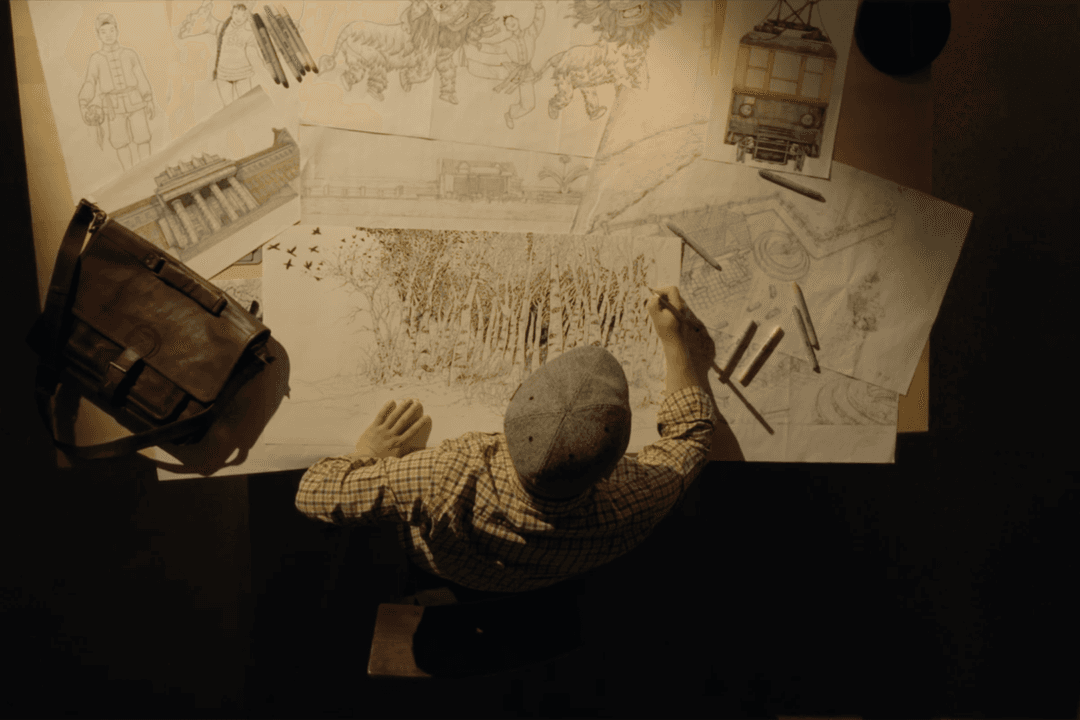Addressing domestic violence and child abuse within Aboriginal communities is the key to reducing incarceration rates and decreasing the chances of police custody deaths, says Alice Springs Town Councillor Jacinta Nampijinpa Price.
The focal point of the Australian Black Lives Matter (BLM) protests has been to stop Aboriginal deaths in police custody and express solidarity with black Americans after the death of George Floyd in Minneapolis, Minnesota.





